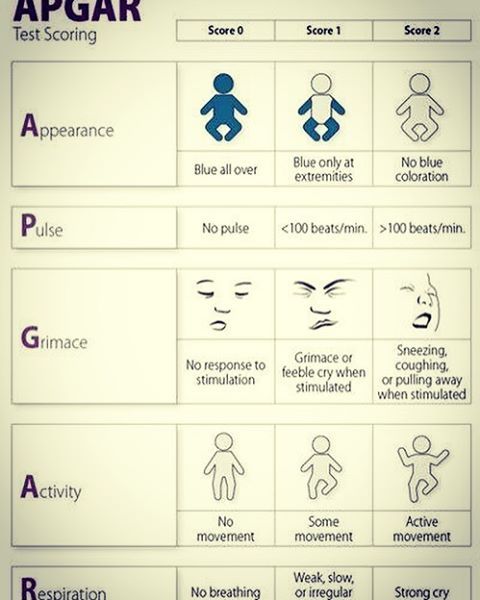

APGAR SCORE FULL
Please do not hesitate to contact our specialist birth injury team for a no-obligation discussion.Virginia Apgar, M.D., the first woman to become a full professor at Columbia University College of Physicians and Surgeons, designed the first standardized method for evaluating the newborn's transition to life outside the wombthe Apgar Score. Though low APGAR scores following complications are not always indicative that negligent treatment has been provided, if you do have concerns about the circumstances of your baby’s birth, you may want the reassurance of a specialist birth injury solicitor. What are the causes of a low APGAR score?Ĭauses of consistently low APGAR scores vary, but they can commonly arise where one or more of the following have occurred: If there are concerns over low scores at one and five minutes, scoring may be done for a third time. There is evidence that low scores at five minutes are associated with a higher risk of serious medical problems, such as cerebral palsy. However, consistently low APGAR scores can indicate serious injury. In some cases where there has been a difficult birth, a premature birth, or painkillers were given to the mother, scores may be artificially low at first, and then rise to normal levels on the second check. Very few babies are given a score of ten. The NHS Maternity Statistics for England from 2019-2020 show that 98.6% of babies born had a score of at least seven after five minutes.
APGAR SCORE SKIN
Where skin tones make this less obvious, clinicians may check the palms of hands and soles of feet, as well as nail beds, the mouth and the tongue. Regarding appearance, this is checked to see if blood is circulating as it should. Checks are repeated at five minutes to see how the baby is progressing. These scores are added together to produce a score between zero and ten. Scores are given between zero and two for each of five criteria: appearance, pulse, grimace, activity and respiration.

How do they work?Ĭlinicians perform checks at one minute after birth in order to assess a baby’s APGAR scores. The term was coined in 1953 by Virginia Apgar, obstetric anaesthesiologist and medical researcher. The APGAR score is a tool for evaluating the health of a newborn baby immediately after birth, so that they can quickly be treated if there are any problems. The first entry concerns APGAR scores: what they are, how they work, and what they can indicate for a baby’s health.
APGAR SCORE SERIES
This is a new article series which aims to cover a broad range of topics regarding birth injury claims and natal care. APGAR scores – what do they say about your baby’s health?


 0 kommentar(er)
0 kommentar(er)
